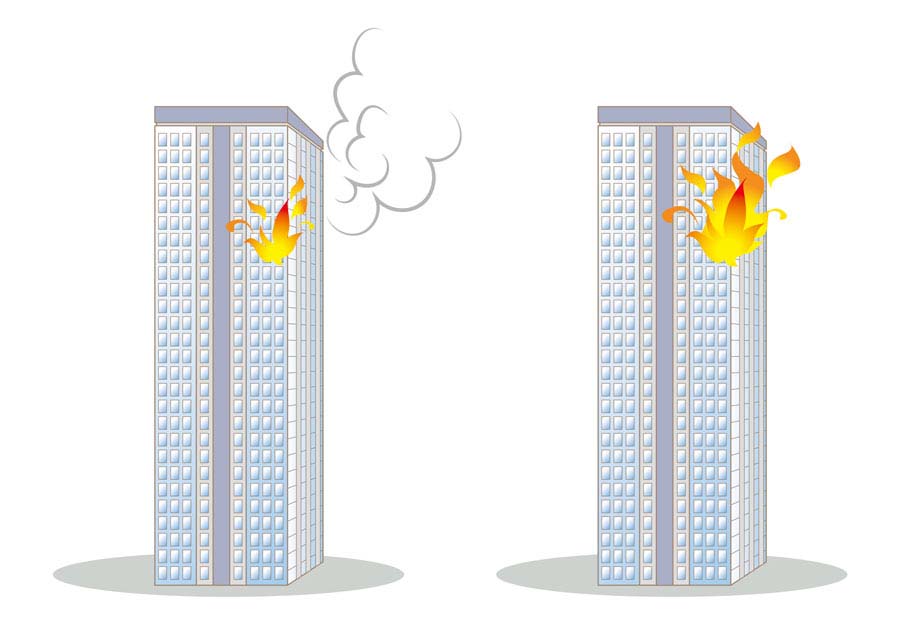The extended limitation period under the Building Safety Bill – how much does this really help leaseholders?

The extended limitation period under the Building Safety Bill – how much does this really help leaseholders?
The Building Safety Bill was put to Parliament on Monday 5th July and is unlikely to gain Royal Assent until early 2022.
The Bill responds to the Grenfell Tower fire and makes several changes to existing legislation, namely the Building Act 1994, to tighten and improve the existing building safety regime and provides an improved regulatory framework for high-risk buildings (typically those with multiple occupancy or residential buildings of over 7 storeys).
The most notable and remarked on provision in the Bill is the extension of the limitation period for bringing court proceedings against those responsible for defects in relation to buildings. This relates to actions arising under the Defective Premises Act 1972 which allows for claims against anyone involved in the construction of a dwelling where that dwelling is not fit for habitation.
The Bill will retrospectively extend the limitation period for which claims can be brought under the Defective Premises Act from 6 years to 15 years. While this is extremely encouraging for leaseholders who have suffered because of defects to their building, this new provision does not address the practical issue of the cost involved in pursuing such claims in court. Leaseholders in defective buildings are currently facing enormous rectification costs and thought must be given to whether they will also be able to afford the legal costs incurred when brining a claim under the new Bill.
Contact our Real Estate Dispute Resolution team today
If you would like to discuss any issue relating to this blog, please do not hesitate to contact a member of the Real Estate Dispute Resolution Team on 01895 207835 or 01895 207295, or email us at propertydisputes@ibblaw.co.uk
